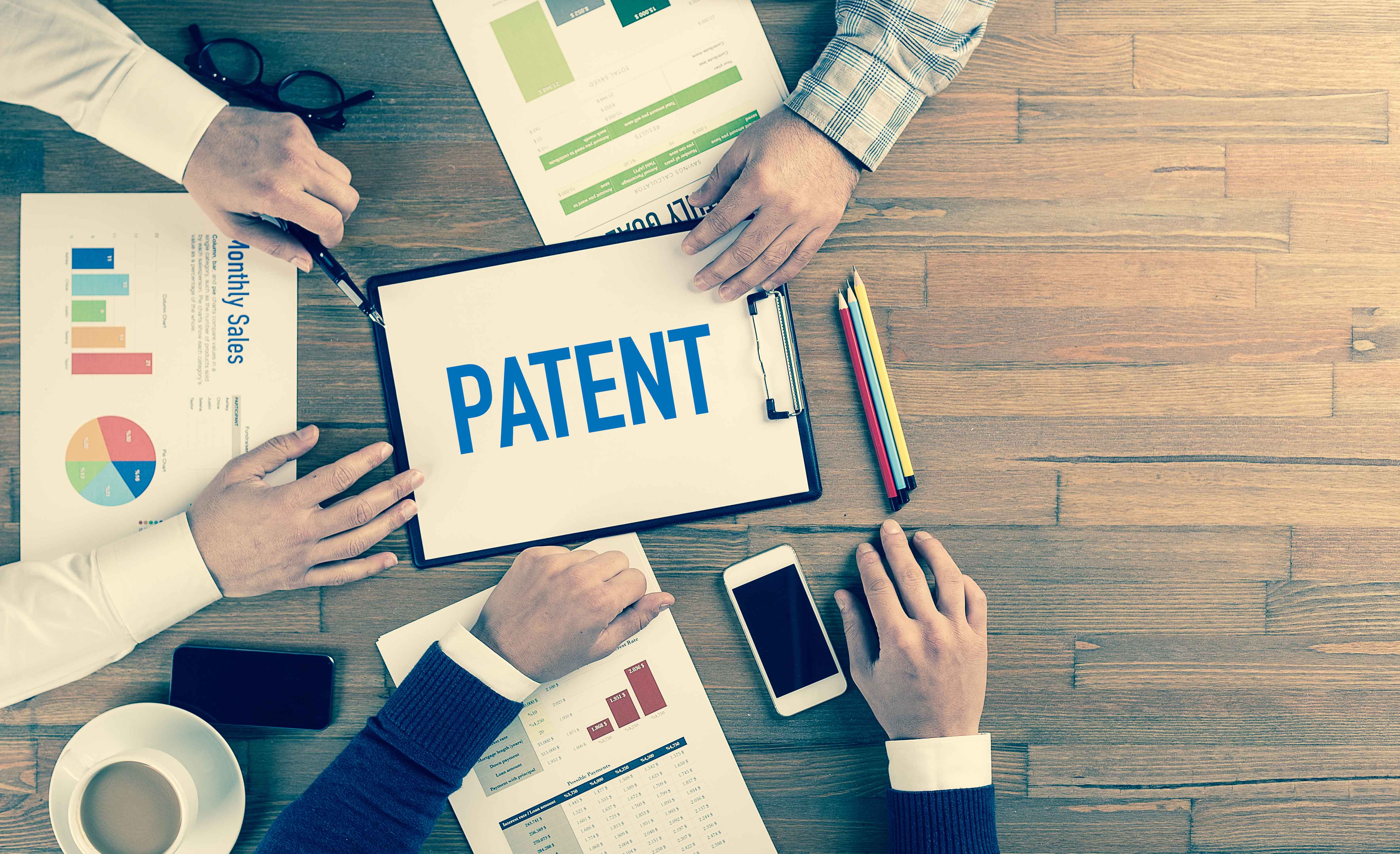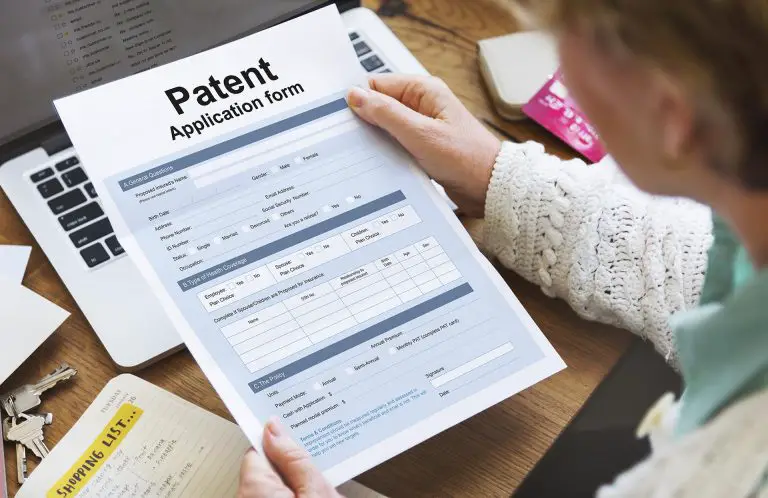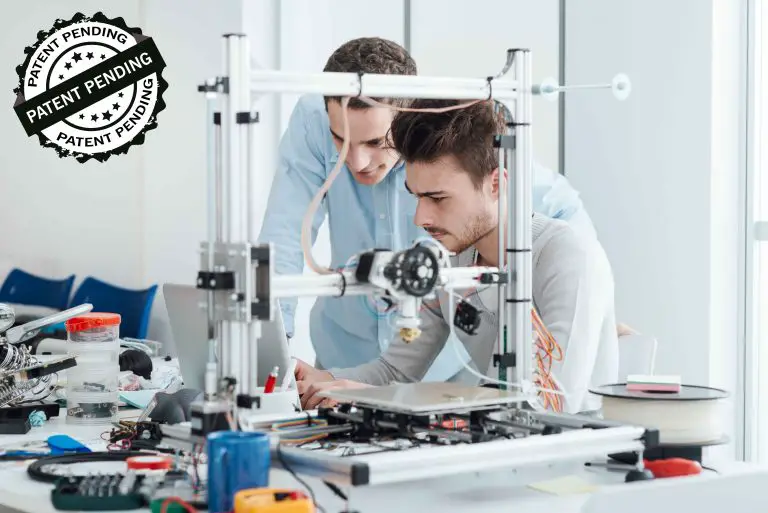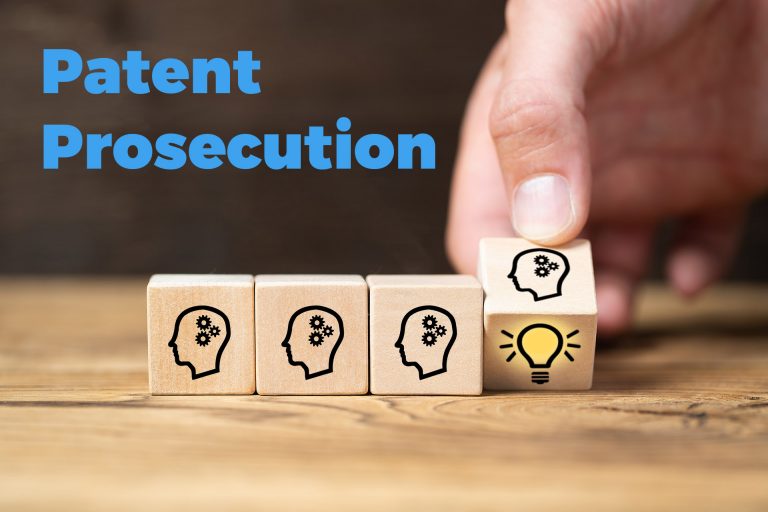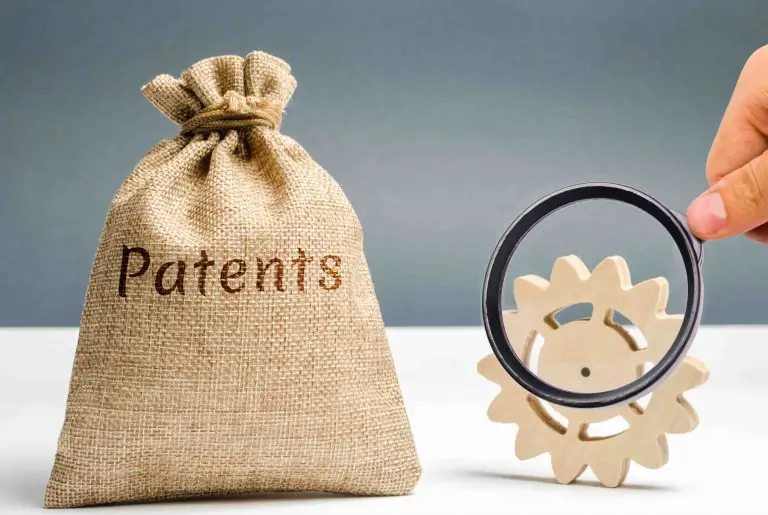What is Patent Law?
What is Patent Law?
Patent Law is a branch of intellectual property law that deals with protecting new inventions, processes, and designs. Regular patents, also known as utility patents, protect physical inventions, such as microchips, zippers, computers, and car engines. However, as technology advanced, people wanted to protect more inventions that did not fall within the traditionally protected categories. Such inventions include: software, business practices, and algorithms.
What is a Patent?
Patent law governs patents, which are a form of intellectual property rights that give inventors the exclusive right to make, use, sell, import their invention for a limited period of time, usually 20 years for utility patents and 15 years for design patents.
A patent is an intellectual property right that’s granted to an inventor by the Federal Government. Patents permit inventors to exclude others from using, making, or selling their invention for a limited period of time.
The patent system was established to encourage inventors to make inventions that are unique and improve the society we all live in. The source of power for Congress to grant patents comes from the U.S Constitution and Federal Laws that govern patents.
This article will explain the basics of patent law, as well as the requirements that an invention must meet before qualifying for a patent. We will also go over some of the most often used terms in patent law.
Types of Patents Under U.S Patent Law
The USPTO currently offers several types of patents that inventors and applicants can apply for:
- Utility Patents: Utility patents are the most sought after patents. They make up more than 90% of all applied for patents. Utility patents are used to protect the functional aspects of an invention.
- Design Patents: Design patents are used to protect the appearance of an item, such as the appearance of a beverage bottle.
- Software Patent: Software patents are used by inventors to protect the functional aspects of their software. Software patents are different than software copyrights, which protect the unique code itself.
- Plant Patents: Plant patents are used to protect new species of asexually reproduced plants, such as new species of fruits, vegetables, and flowers.
Eligibility For a Patent Under U.S Patent Law
If an individual have an invention they want to patent, they have to satisfy the requirements set forth by the United States Patent and Trademark Office (USPTO).
To patent an invention, an inventor must show that:
- Invention has patentable subject matter,
Patentable subject matter means that the applicant’s invention must fall within one of the categories of patentable subject matter. Patentable subject matter categories include: (1) machines, (2) processes, (3) devices, and (4) a thing that can be manufactured. - Invention is useful or serves some purpose,
This means that the invention must have a useful purpose. This requirement is typically easily met and inventions are rarely challenged on the grounds that they are not useful. - Invention is novel (new), and
To be patentable, the patent office requires invention to be new or novel. This means that the invention to be patented must have not been publicly disclosed by the inventor or applicant. - Invention is nonobvious (not obvious) at the time that patent was filed for
To patent an invention, the invention must have not been obvious to a person having ordinary skill in the field that relates to the invention. The nonobviousness requirement is the most difficult determination that a patent examiner has to make.
Inventors that have had their patent approved and granted by the USPTO can exclusively use and sell their invention as they see fit. Some inventors choose to license their intellectual property to others in exchange for a small fee.
Examples of Items that Can Be Patented
Here are a few examples of things that can be patented under current patent law:
- Microchips and Computer Hardware
- Computer Software
- Pharmaceutical Drugs
- New Plant Species
- Jewelry
- Musical Instruments
- Medical Instruments
Patent Application Procedure
Applicants and inventors file their patent application with the United States Patent and Trademark Office (USPTO). The application process is quite slow, taking approximately 24 months for inventors to get their patent application approved.
The patenting process is both time consuming and expensive. Our estimates show that inventions cost between $5,000 and $15,000+, depending on the complexity of the invention being patented. The majority of the cost goes to paying lawyer fees to prepare and file your application.
If you’re individual and you feel comfortable preparing and filing your own application, expect to pay $900 in filing and patent office fees. That said, preparing a patent application is quite complex and making a single mistake could get your application rejected by the USPTO.
Why Are Patents and Patent Law Important?
Patents are important to both inventors and society. Patents are important because they protect the intellectual property rights of inventors for a limited period of time. During this time, inventors will be able to profit from their invention, especially if the invention solves a problem that no one else is able to solve. If inventors did not have patent law to protect their rights and allow them to profit, they would not have the incentive to invent something new.
That said, patents are important for more reasons, here are some of them:
- Exclusive Rights. As we just mentioned, patent law provides inventors with the right to exclude others from making, using, and selling their invention for a limited period of time.
- Profit. Many inventors spend a significant amount of their time and money to invent something new. Patent law awards them by giving them a limited period of time to control the market that relates to their invention, allowing them to make high returns on the investment they made in their invention.
- Sell/License. Patent law permits patent holders to sell or license their patent invention to third parties. Inventors often do not have the resources to bring their product to market, so they license it to third parties that have the ability to manufacture and sell the product.
- Innovator. People often see inventors who have patented multiple inventions as innovators because they have created something that is worth the protection of U.S Patent Law.
- Enforce Your Rights. Patent law affords patent holders the right to sue anyone who makes, uses, sell, or imports their invention to the United States without their express permission. That said, a patent holder must keep an eye out for infringers and sue them himself. The patent office will not look for infringers and prosecute them.
Patent Law As Part of Intellectual Property Law
Patent laws falls under the umbrella of U.S Intellectual Property Law. In the United States, intellectual property includes the following:
- Patent Law. Protects inventions, processes, designs, software, and new plant species.
- Trademark Law. Protects registered word(s), symbols, names, or graphics that identify a person or a business as the source of goods or services.
- Copyright Law. Covers written and artistic works, such as novels, software code, movies, photographs, and songs.
- Trade Secret Law. Trade secret laws protect methods, formulas, or devices that companies use to give them a competitive edge.
- Licensing Law. Licensing law gives the holder of a license the right to use a piece of intellectual property. This area of IP overlaps with many other types of IP.
Patent Law Terms you Should Know
- Patent Application. A regular patent application is known as a nonprovisional patent application. This is the document that applicants complete and file with the USPTO to patent their invention.
- Patent Agent. A patent agent is a person that has passed the Patent Bar Exam, but is not a patent attorney. Patent agents are authorized to act on behalf of their clients in matters that involve the patenting process.
- Patent Claim. A patent claim is the part of the invention that an inventor wants to protect.
- Patent Infringement. Infringement occurs when an individual makes an authorized use of another’s invention. This includes making, using, selling, or importing an invention that is patented in the U.S.
- Patent Prosecution. This is the process of applying for and receiving a patent. Prosecution includes interacting with the patent examiner to get the best possible protection for an inventor’s invention.
Patent Law Attorney
Patent Law Attorneys, commonly known as Patent attorney, represent clients in all types of intellectual property cases. They have passed the Bar Exam in their respective state and they have passed the United States Patent Bar Exam.
Some patent attorneys work for the USPTO, reviewing patent application and others work in law firms representing clients in intellectual property matters. Also, many patent attorneys work as in-house attorneys for large companies, such as Microsoft and Google.
Attorney who practice patent law are necessary for companies that have valuable intellectual property they want to protect. Without patent attorneys, their intellectual goods will be worthless as they will be copied and sold without the owner’s permission.
What Rights Does Patent Law Grant the Inventor?
Patent law grants inventors and patent holders two main rights:
- Exclusivity. Patent law grants inventors who have patented their invention the right to stop others from using, making, selling, or importing their invention in the United States without the express consent of the patent holder. Patent law allows inventors to license their patents to third parties.
- Enforcement. Patent law allows patent holders to enforce their rights by suing others who use, make, or sell their invention without their express consent. Inventors cannot sue anyone while their patent is pending, they must wait until the USPTO grants their patent to be able to enforce their rights under it. The court may grant you an injunction or court order, ordering the infringer to stop his infringing activities and you may be awarded monetary damages.
Patent Law Frequently Asked Questions
- What is a Patent Application?
A patent application is an application that inventors file with the USPTO requesting that the patent office grant them a patent on their invention. When people refer to a patent application, they are typically referring to a utility patent application, but just know that there are design patent applications and plant patent applications. - Is Your Invention Valuable?
Before placing a value on your invention, you should identify or describe your invention. your invention must be based on an idea that was not previously known to the public. Your product may contain many new and valuable inventions, but the product itself might not be commercially successful and therefore, patenting it will cost you a lot of time and money for no reason. - How Much Does a Patent Application Cost?
Filing the patent application costs $75 to $300, depending on your qualifications or the size of the business filing the patent application. Lawyers fees are what cost the most went patenting an invention. Lawyer fees for a simple utility can cost between $5,000 and $15,000+. This all depends on how complex your invention is and the amount of work that needs to be done. - When Should an Inventor File a Patent Application?
An inventor must file his application as soon as the invention is ready. The United States has a first to file rule, which gives priority to the first person to file his patent application with the patent office. If you’re still working on your invention, you can file a provisional patent application to hold your priority date while your work out the the kinks from your invention.
Patent Law Conclusion
We hope that this article helped explain what patent law is, as well as what types of patents are available to you. We also touched on how much patents can cost, as well as the importance of patents ones invention. If you have any general questions or comments, please feel free to leave them in the comments section below.

